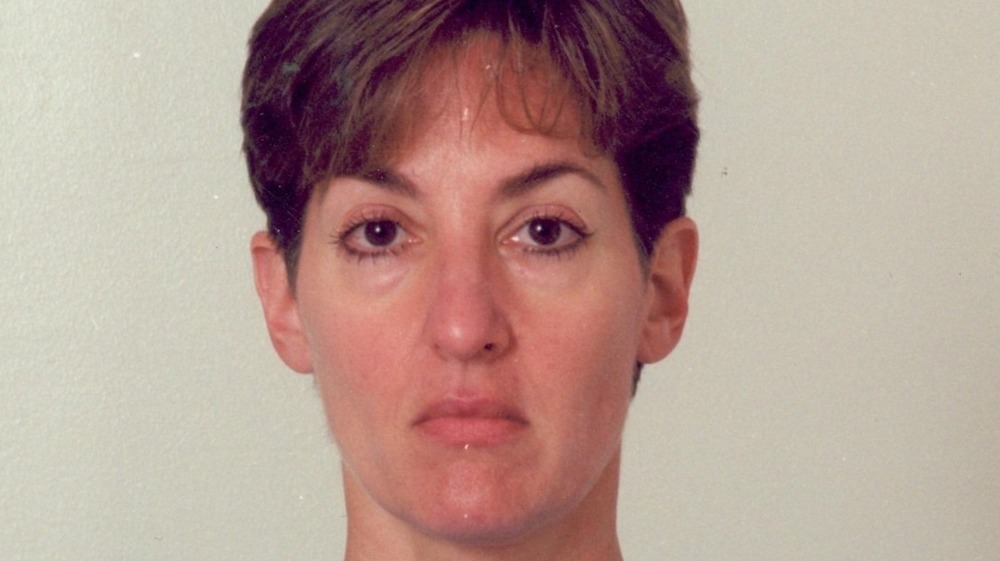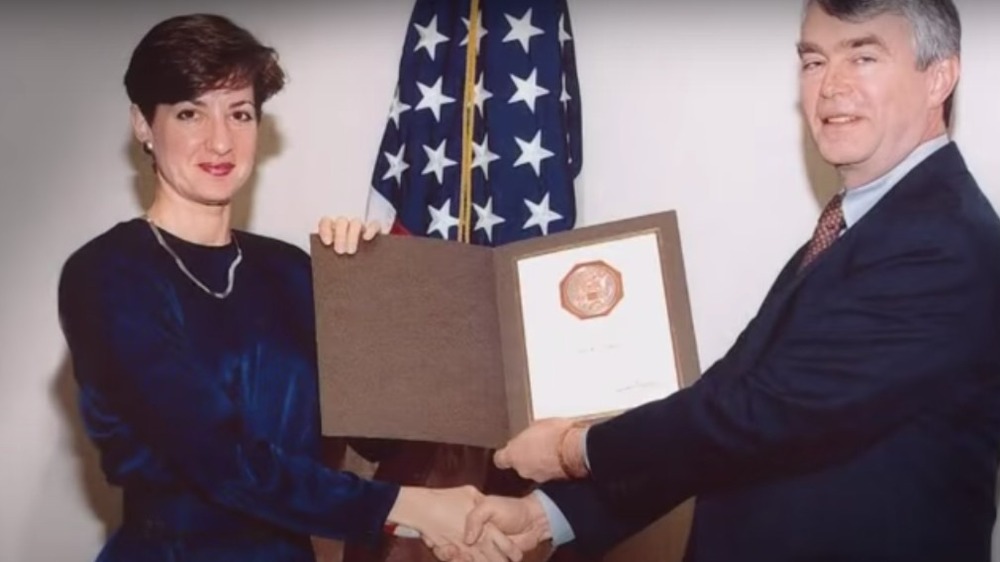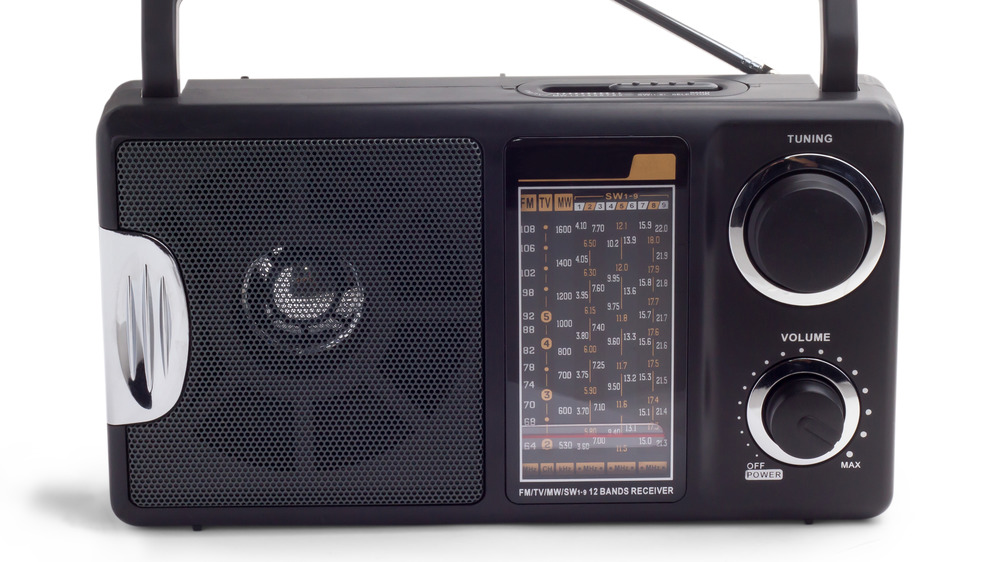The Truth About The Queen Of Cuba, Ana Montes
The most successful spies will always be a mystery to people, especially those they interact with daily. They keep their head down, do their jobs well, but not fantastically. And they never show their hands. Ana Montes knew this well. Montes worked at the Defense Intelligence Agency (DIA) as an analyst. She rose in the ranks and proved to be the agency's most senior Cuban researcher. But she had a secret: She was spying for the Cubans.
Montes grew up in Germany, where her father was an Army doctor, reported CNN. After her father left the army, the family moved to Maryland. Montes graduated from the University of Virginia in 1977 and then got a graduate degree from Johns Hopkins University.
It seemed Montes was destined to work in government, said the Washington Post. Her brother and sister were FBI agents, and her ex-boyfriend was an intelligence officer for the Pentagon. She was smart, and co-workers called her highly dependable. Montes had a no-nonsense attitude and would produce results. She rose in the ranks quickly and became known as "the Queen of Cuba" for her expertise in Cuba and other Central American countries. Montes even got a commendation from CIA director George Tenet. She had a strong knowledge of the Cuban military and impressed the rest of the intelligence community.
Her sister and friends thought it was odd that Montes wanted to work at the DIA, not only because she tended to be introverted, but she had expressed leftist views before.
She was called an Ice Queen
Unbeknownst to her family and friends, Montes had not just talked about her more leftist views; she had already been radicalized. She had always had a soft spot for the oppressed and saw the US's actions in Latin America as atrocities. Her beliefs would not be out of place with a group of politically-minded friends, but she internalized American support of the contras — rebels fighting against the government of Nicaragua — and developed a hatred for American foreign policy.
According to the FBI's website, Montes' opinions had reached the Cuban government even before she joined the DIA. The Cubans made recruiting at American universities a priority and invited Montes to visit Cuba. There they began to teach her how to get information and the art of spycraft. They also taught her how to fool a polygraph test.
Montes was careful. She never stole any documents or took photos of them. Instead, she remembered details and wrote the information on her laptop. Then Montes transferred it to an encrypted disk she would pass off to her handler. To many, it seemed that Montes was just unusually dedicated to her job. She often ate lunch at her desk with a stack of papers. But she wasn't working; she was memorizing the files to send to the Cubans. Montes would do dead drops or, amazingly, meet with her handlers in person, where she'd secretly pass off data.
With her family, Montes became subdued and quiet. She often declined social invitations.
An effective but sloppy spy
Montes had an influence that most spies only dream about. As the leading intelligence analyst, she wrote papers that guided US strategy on Cuba, making her one of the most effective spies during the Cold War. She convinced the government to take a softer stance on Cuba because of what she wrote in her reports.
Although she may have been effective, Montes was a sloppy spy. In 1996, she consulted the Pentagon on an international issue but broke protocol by leaving before being dismissed. Her actions aroused the suspicions of a co-worker who alerted officials to her odd behavior. She was questioned and polygraphed, but it wasn't until four years later that she was caught.
The DIA was looking for a mole with particular information on a specific computer that only a handful of people, including Montes, knew. Her colleague was convinced that Montes had lied four years earlier and told the FBI. The FBI searched her home while she was away and found a short-wave radio she used to communicate with her handlers, and found a paper with codes in her wallet. The FBI began building a case to catch Montes and her Cuban handlers, but they were forced to rush their plans after 9/11. By virtue of her seniority, Montes was about to be named to a task force that would give her more intelligence access.
Montes was convicted in 2002. As NBC News reports, she was sentenced to 25 years in prison. She's eligible for parole in 2023.


